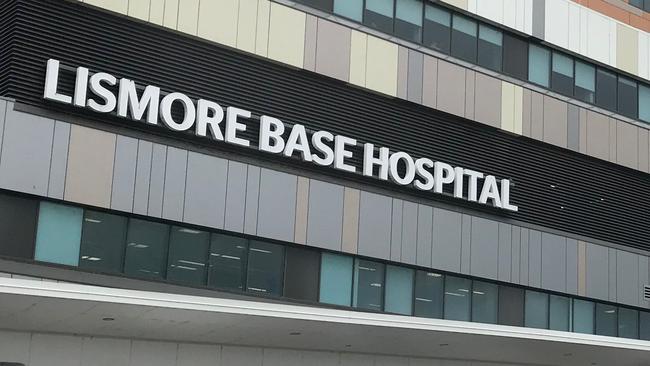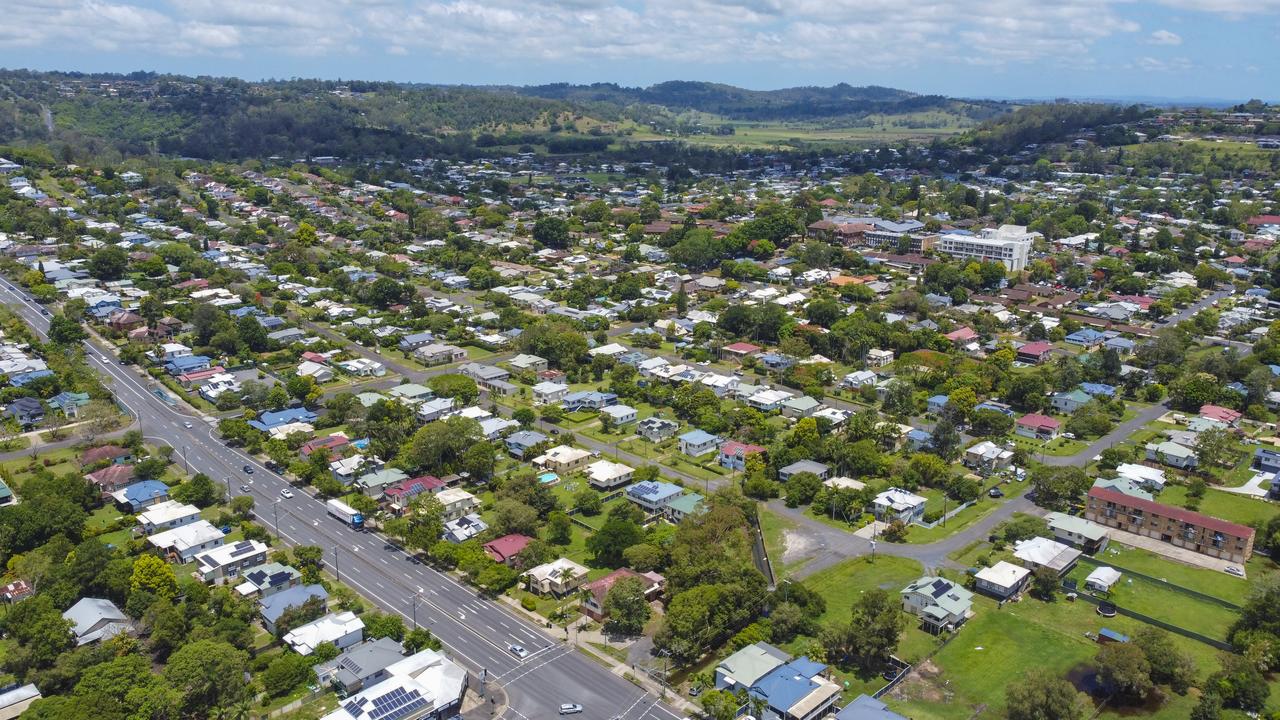Hospital staffing levels to be reviewed after complaints
Northern Rivers nurse and clinician staffing levels to be investigated in light of the Anderson Report into hospital security.

Lismore
Don't miss out on the headlines from Lismore. Followed categories will be added to My News.
After horrific stories involving violence towards nursing staff and patients was revealed in state parliament and in a new report into hospital security, the Local Health District said it is investigating staffing levels.
On Thursday February 18, 2021, Northern NSW Local Health District chief executive Wayne Jones confirmed they will review the recommendations in the Anderson report into security at NSW hospitals.
"We look forward to working with the NSW Ministry of Health on implementing supported recommendations across hospitals in our District," Mr Jones said.
"Hospital wards are staffed in accordance with the staffing requirements contained within the Public Health System Nurses' and Midwives' (State) Award with the consent of the NSW Nurses' Association."
Mr Jones said the NNSWLHD has recently increased the nursing hours per patient day from five to six at several facilities.
"Casino District Hospital and Maclean District Hospital received this extra boost in 2020, while two inpatient units at each of The Tweed Hospital, Lismore Base Hospital and Grafton Base Hospital will receive the extra allocations in March this year," he said.
"The award provides an agreed method for determining the number of nurses required to provide direct clinical care in general inpatient wards, palliative care units, rehabilitation units and adult acute mental health inpatient units across NSW."
Mr Jones said the NNSWLHD, like all local health districts, uses this method rather than ratios as it provides flexibility in staffing and allows services to more closely align with patients' needs.
"It allows flexibility to allocate nursing hours in a way that matches the busiest times and patient needs," he said.
"Between mid-2012 and mid-2020, the NNSWLHD increased its workforce by an additional 1008 full time equivalent staff - an increase of 26.7 per cent - including 171 more doctors, 367 more nurses and midwives and 121 more allied health staff."
The main recommendations of the Anderson Report were:
• Adoption of an adherence to the principle that "security is everyone's business"
• The "designing out of risk" where practicable
• The expansion of the Patient Experience in Emergency Departments program
• An expansion of diversionary programs away from the emergency department where appropriate, for patients who do not need to attend the emergency department and alternative care measures are available
• A focus on de-escalation rather than the concept of 'moving forward' as the first response
• A comprehensive range of measures around deterrence
• Communicating legislative base for security staff
• Better co-ordinated and prepared hospital security
• An understanding of, and commitment to, the policy that security staff are part of the clinical management team
• Above all, the absolute necessity for sound leadership and governance of the safety and security of the District/Network.


